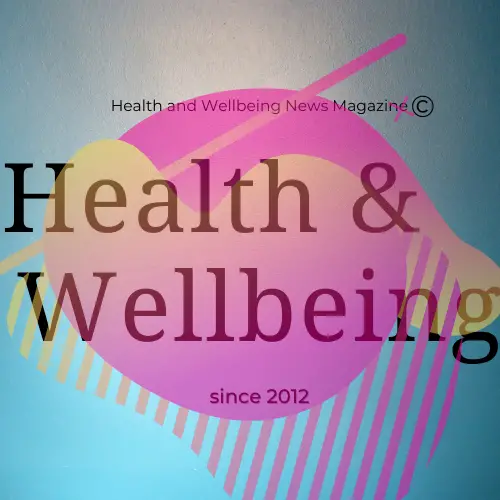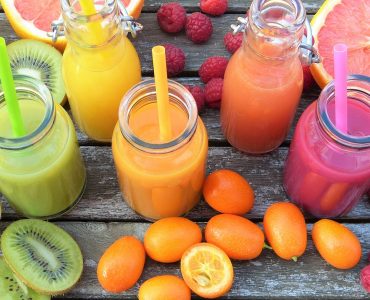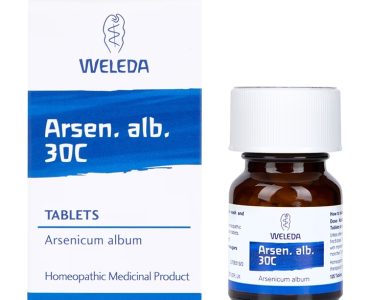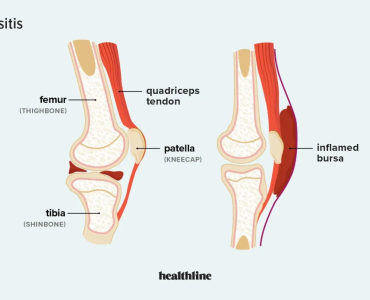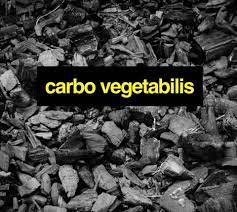What is it?
A group of nutrients including beta-carotene, lutein, lycopene, capsanthin and zeaxanthin which have significant anti-oxidant properties.
| Function | How it helps |
|---|---|
| Anti-oxidant |
Help to scavenge and inhibit free radical damage to tissues in the body. |
| Cell protective | Prevents damage by free radicals and lowers the susceptibility to cellular abnormalities. |
| Immune enhancement | Helps to protect the thymus gland from free radical damage and boost the immune system. |
|
What is it used for?
|
||
|---|---|---|
| Anti-oxidant | Cell protection | Skin health |
| Precursor to Vitamin A | Eye Health | Cardiovascular health |
| Prostate health | Immune health | |
|
Best food sources
|
||
|---|---|---|
|
Carrots (alpha and beta carotene) |
Sweet potato (beta carotene) |
Red peppers (lutein, zeaxanthin) |
|
Watermelon (beta carotene, lycopene) |
Apricots (beta carotene) |
Pumpkin (alpha carotene) |
|
Peaches (cryptoxanthin, beta carotene) |
Papaya (cryptoxanthin) |
Tomato (lycopene) |
|
Spinach (beta carotene, lutein, zeaxanthin) |
Broccoli (lutein, zeaxanthin) |
|
| Deficiency Symptoms | |||
|---|---|---|---|
|
Cellular abnormalities/cell damage |
Increased risk of infection |
|
| Eye problems | Dry mouth | Loss of appetite | |
|
Cardiovascular disease |
|||
Supplementation dosage range
-
Beta carotene: 5 – 15mg per day
-
Alpha carotene: 500ug – 10mg per day
-
Lutein: 100ug – 5mg per day
-
Lycopene: 50ug – 15mg per day
-
Zeaxanthin: 100 – 500ug per day
Other information
It is generally accepted that natural forms of carotenoids from food perform better in the body than synthetic versions.
Cautions
-
No known toxicity for levels found in supplements.
-
The synthetic form of beta carotene should be avoided in heavy smokers.
-
Repeated intake of high doses of certain carotenoids, such as beta carotene, can cause a yellow/orange pigmentation of the skin. This is not a sign of toxicity and the pigmentation gradually subsides if supplementation is stopped or reduced to a sufficiently low level.
-
Extremely high intake of carrots can cause toxicity, but this is not due to the carrots’ beta carotene content.
- Although certain carotenoids (e.g. beta carotene) convert into vitamin A in the body, they are not associated with the same risks/precautions/toxicity as preformed vitamin A (retinol and its derivatives), as conversion only takes place as the body needs it.
| Factors which deplete levels, impair absorption and/or inhibit activity: | |
|---|---|
|
Fat blocking agents |
Antacids |
|
High doses of synthetic beta carotene (which blocks absorption of other carotenoids) |
Alcohol |
